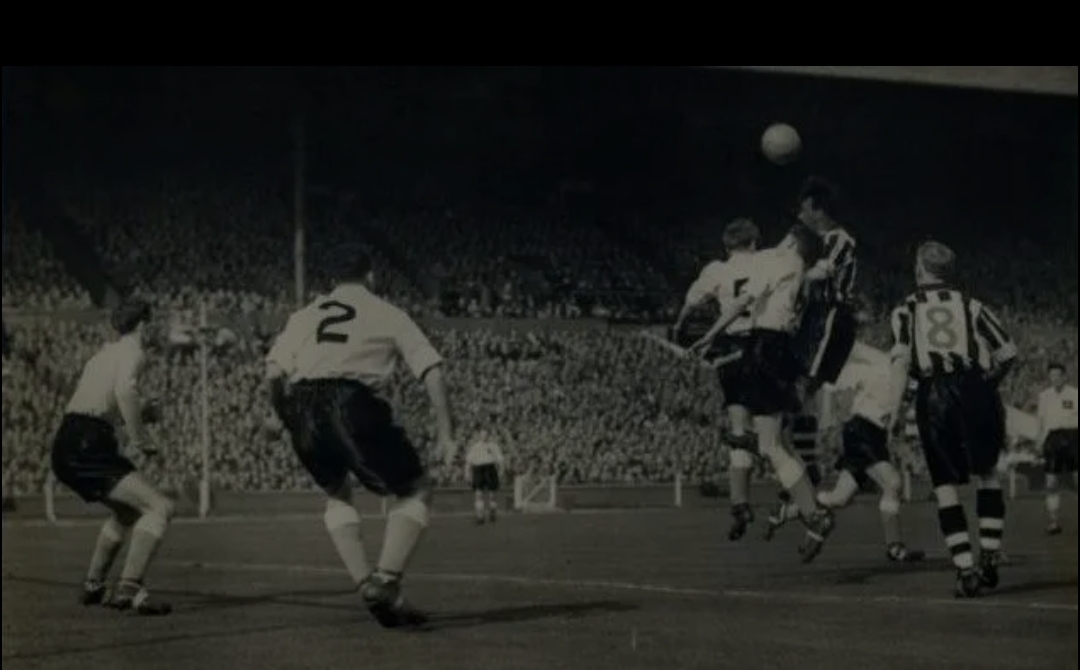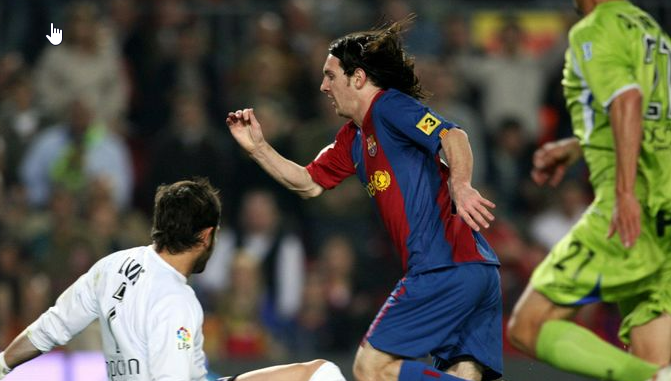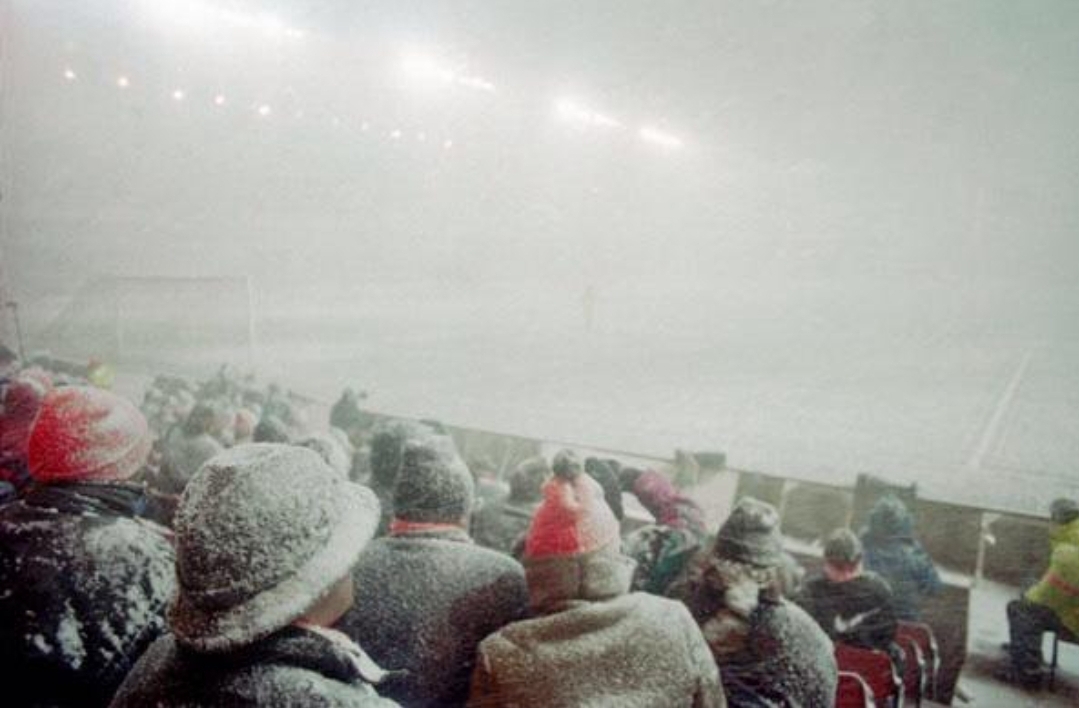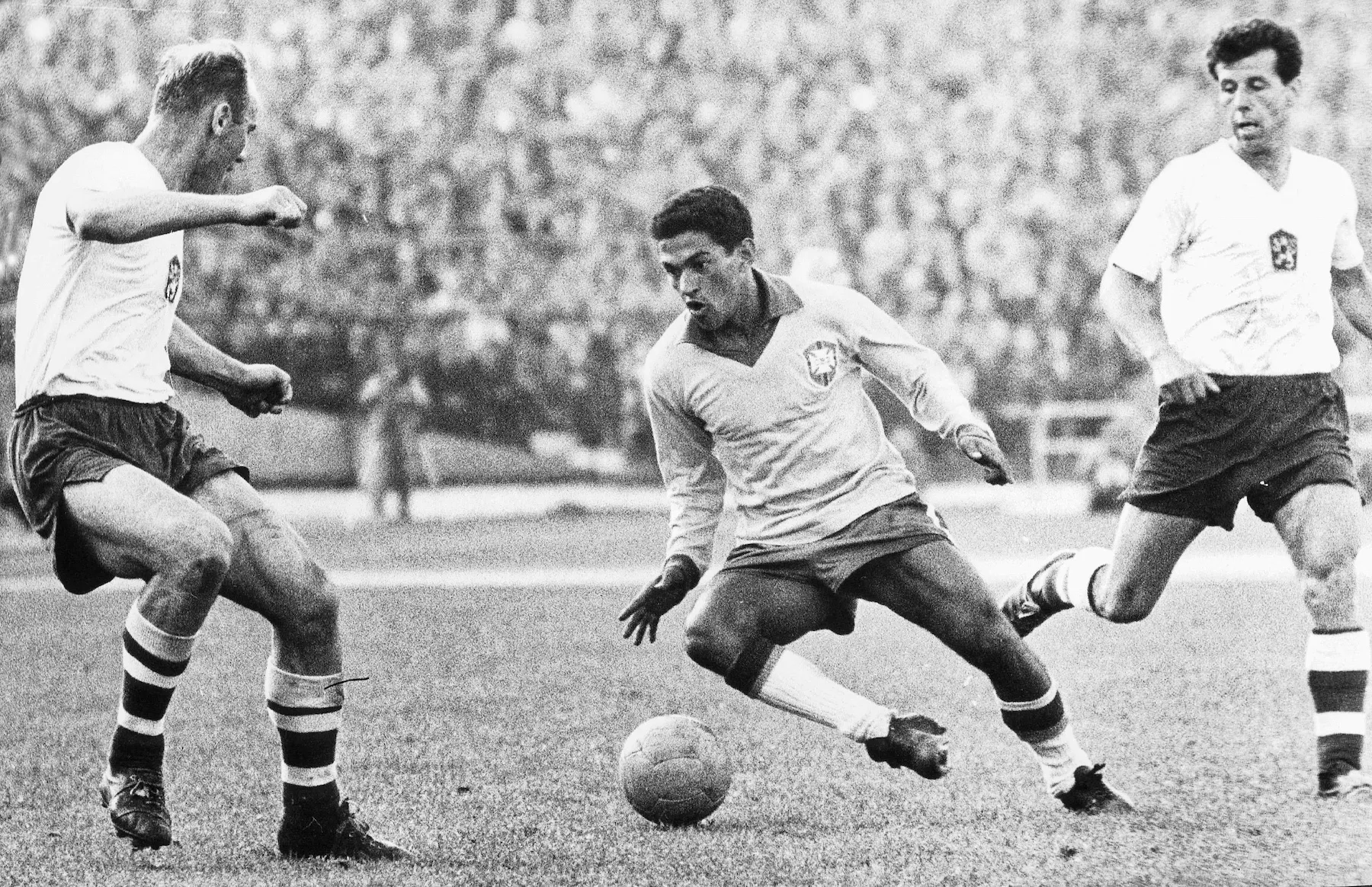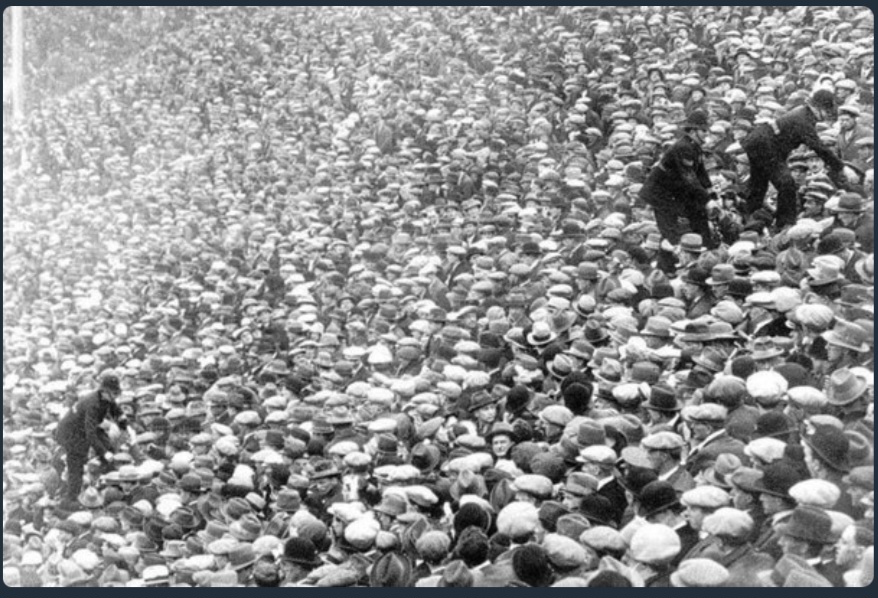
The FA Cup final between Cardiff City and Arsenal on 23 April 1927 is considered one of the most significant in football history for several key reasons:
⭐️ 1. The only FA Cup win by a non-English club
Cardiff City, representing Wales, beat London’s Arsenal 1-0. The trophy remains the only time the FA Cup has been won by a team outside England. The goal in the 74th minute was scored by Scottish striker Hugh Fergusson after a pass from the wing.
2.Record attendance and historical context
The match was held at Wembley Stadium in front of 91,206 spectators, reflecting the huge interest in the event. Police officers even had to push their way through the crowd to take their seats. For Arsenal, this was their debut FA Cup final, although the club has subsequently won it many times.
3.The tragic fate of the hero of the match
Hugh Ferguson, who scored the winning goal, was a legend of British football (over 350 goals in his career). However, already in 1927, he suffered a severe back injury, which led to a decline in his form and depression. On January 4, 1930, Ferguson committed suicide. The family hid the truth, announcing his death due to a brain tumor.
4.Additional facts:
Cardiff manager Fred Stewart led the club for 22 years (1911–1933), leading them to victory in the FA Cup, Welsh Cup and FA Community Shield.
For Arsenal, the defeat was a step towards future triumphs: under the management of Herbert Chapman, the club later won the FA Cup (1930) and league titles.
The youngest player to ever compete in the final, Welshman Ernie Curtis (playing for Cardiff), lived until 1992, making him the last surviving eyewitness to the match.
💡 Summary: The 1927 match has gone down in history as a symbol of the geographical boundaries of football and remains an unrivalled achievement for Welsh clubs. Its significance is underscored by the dramatic human stories and the record-breaking entertainment of the era.
According to reports and recollections (including an interview with Cardiff player Ernie Curtis):
The police found themselves “trapped” among the fans after the stands had filled to capacity.
They had to literally climb over the heads and shoulders of the spectators to take up their positions near the pitch.
The fans, despite the inconvenience, supported the police: they willingly let them through, creating an improvised “corridor” of hands.
This episode lasted for several minutes and became a symbol of the excitement surrounding the match.
Ernie Curtis (a Cardiff player who died in 1992) in an interview in the 1980s:
“I saw the police walking right over people’s heads… The spectators just laughed and shouted: “Let’s help them get there!” No one was angry – everyone understood: there was no other way.” This episode is not just a curiosity, but a piece of football folklore, illustrating how the 1927 match became a national holiday, uniting even the guardians of order and fans.


